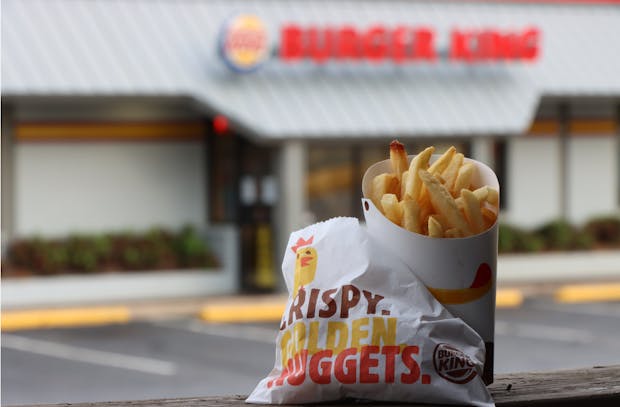Devyani finger lickin’ good IPO is a trend

Devyani finger lickin’ good IPO is a trend
Devyani finger lickin’ good IPO is a trend
Devyani International’s debut, listing at ₹141 — a 56% premium over its IPO offer price, caught a lot of attention. but it wasn’t a surprise by any measure, given the IPO had been oversubscribed nearly 116 times. combined with other recent successful IPOs such as Burger King, Barbeque Nation, and Mrs. Bector’s, it indicates a real investor interest in India’s food sector. particularly, it offers hope to the QSR segment which was hit hard by the onset of the pandemic but has adapted spectacularly to the ‘new normal’.
adapt, improvise, overcome
when the initial lockdowns were announced, the hospitality industry, QSRs included, was among the hardest hit. but as time went by, many advantageous opportunities emerged.
the food-delivery business began to soar, and QSRs with their quick turnarounds found themselves a perfect fit. fewer staff were needed at the time as well, helping them save on labour costs. but that has now led to a severe shortage of hospitality staff in the US, as businesses struggle to re-fill the positions.
the reverse migration that accompanied the lockdowns led to a greater demand for leisurely amenities such as fast food. brands such as McDonald’s and Burger King were only too happy to follow their customers there. real estate to set up restaurants was not only cheaper in tier 2+ cities, but also in the metros themselves. hence, QSRs like Starbucks began expanding their offline presence. Devyani, for example, has opened 40-50 outlets in each of the previous three quarters. they are also better prepared to deal with potential third or further waves of the pandemic.
interestingly, fast food forms only 5% of India’s food services market, against the global average of 20%. but it is expected to grow rapidly at a CAGR of 23% until 2025.
why QSRs are always hot
unlike a hospitality-focused restaurant where a waiter seats you, brings you the menu, takes your order, etc, fast food restaurants focus on getting you in, feeding you, and getting you out as quickly as possible. these companies have a low cost base, high margin and can serve a lot of customers. this makes QSRs value investor’s favourite. Devyani International is the largest franchisee of Yum Brands, which includes KFC, Pizza Hut, Costa Coffee, and Taco Bell, among others. it’s also the largest bottling partner of PepsiCo.
the markets agree
back to the stock market, let’s consider the share price of Jubilant FoodWorks, which is a master franchisee for Domino’s, Dunkin’ Donuts, and more. it dipped around 33% at the onset of the pandemic, from around ₹1,800 to Rs 1200, but has since risen to ₹3,800, more than twice its pre-pandemic price. Burger King’s share is currently at ₹160 a piece, nearly thrice its IPO price of ₹60. Devyani’s debut shows signs of a similar performance.
there are a number of growing Indian brands in the segment too. think of Wow! Momos and Faasos. Faasos or Rebel Foods is planning an IPO soon as well. another Indian KFC and Pizza Hut franchisee, Sapphire Foods, has also filed the DRHP to launch its IPO.
there have been better times to eat out but QSRs have never been hotter in India.



